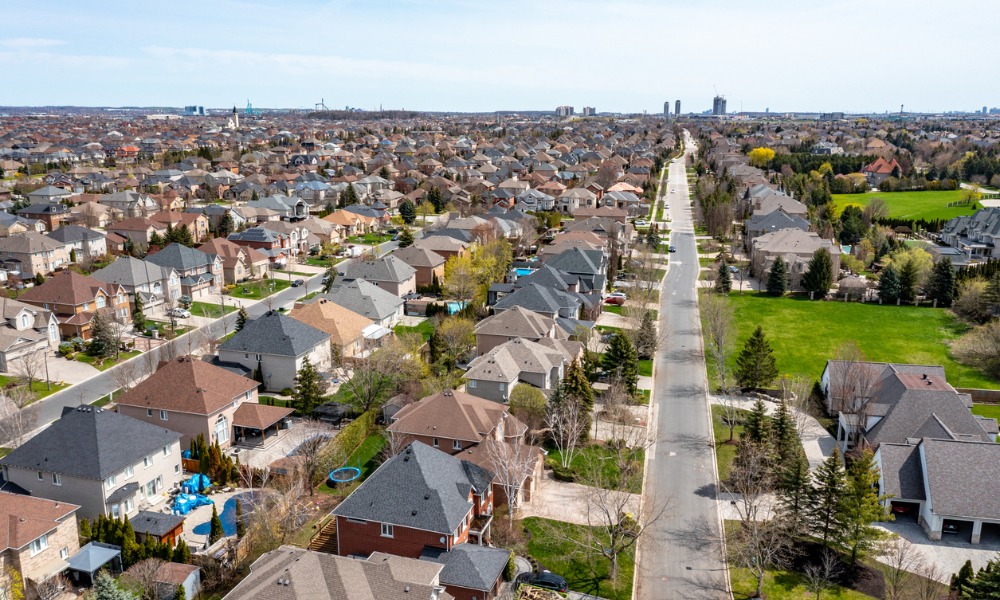City's bubble is fifth riskiest worldwide, says UBS

Toronto’s housing market continues to rank among the top global real estate bubbles, according to the UBS 2024 Global Bubble Index. The city placed fifth on the list, signalling elevated risk for a market correction, despite a slight improvement in certain risk indicators.
UBS described Toronto’s bubble risk as “elevated,” with the city surpassing most others due to home prices being severely disconnected from local incomes.
“An elevated risk of a housing price bubble is evident in Los Angeles, Toronto, and Geneva,” the Swiss bank stated in the report.
Despite this concerning label, Toronto’s bubble risk score actually fell from the previous year, mainly because other global cities de-risked faster.
The report evaluated bubble risks through five subindexes: price-to-income ratio, price-to-rent ratio, city-to-country price gaps, mortgage risks, and construction activity.
Home prices far out of sync with incomes
Toronto scored highest for bubble risk in the first two categories, price-to-income and price-to-rent ratios, where it was clear that home prices are heavily disconnected from local incomes and rents.
In other words, most residents cannot afford to buy homes based on their earnings, a hallmark of a housing bubble.
The city-to-country ratio also raised red flags, indicating that Toronto's real estate market has become more detached from national prices. However, this isn’t entirely because Toronto prices have surged.
Read next: How are top mortgage lenders approaching the current market?
Instead, national home prices have climbed to meet Toronto’s frothy levels, suggesting that the bubble is spreading beyond Toronto. According to UBS’s methodology, the Canadian real estate market’s inflated home values make it difficult for traditional bubble indicators to fully capture the extent of the risk.
Underreported mortgage risks
Where Toronto appears safer, at least according to the UBS methodology, is in mortgage and construction risks. The mortgage risk rating is based on national mortgage debt-to-GDP ratios, which appear stable.
However, the data doesn't account for rising mortgage delinquencies in Toronto or the increasing use of high-interest private mortgages, a factor that is downplaying the true level of risk.
The construction bubble risk also appears low because UBS assesses it based on national construction activity as a percentage of GDP. While this ratio is stable, it misses key local issues like the rising rental vacancy rate in Toronto, indicating that housing demand is lagging even as the city’s population grows.
UBS's Global Bubble Index underscored that Toronto remained a risky real estate market, despite some indicators showing improvement.
Make sure to get all the latest news to your inbox on Canada’s mortgage and housing markets by signing up for our free daily newsletter here.



